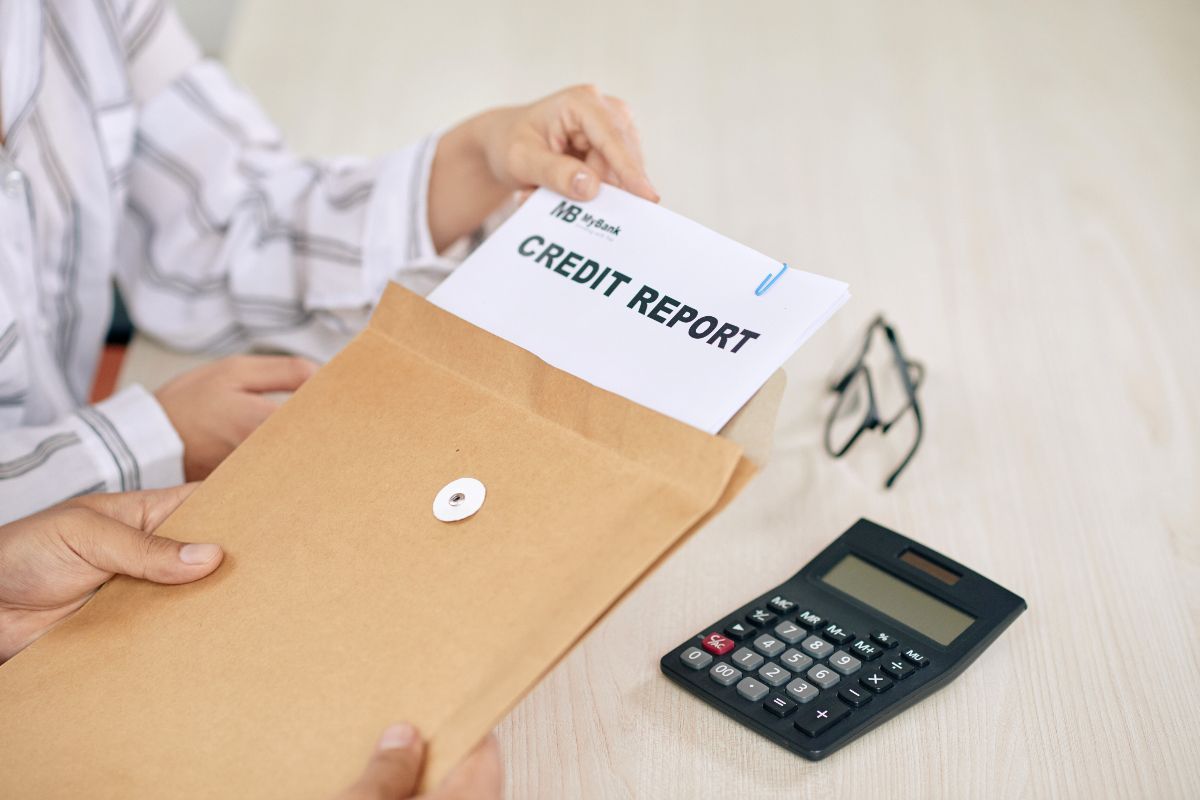
Establishing a positive payment history is crucial to maintain and improve your credit. A good credit score is essential to access credit cards, loans, and mortgages easily. Perfect payment history reflects your financial responsibility and shows you are a reliable borrower. Whether you are looking to apply for bad credit loans or other loans for people with bad credit, developing a habit of timely payments is key. In this blog post, we will discuss seven simple steps that can help you establish positive payment history and improve your credit.
1. Set Up Payment Reminders
Setting up payment reminders helps you stay on top of your payments and avoid late fees, which can harm your credit. You can set up automatic payment reminders through your bank or credit card companies to remind you about your due dates. Mobile apps like Mint or PocketGuard can help you stay organized and track payments. With the convenience of modern technology, setting reminders can be a few clicks on your mobile device or computer.
2. Pay On Time
Making your payments on time is crucial to maintain a perfect payment history. Late payments can stay on your credit report for up to seven years and significantly harm your credit score. To avoid late fees, prioritize payments and pay them on time.
3. Pay More Than The Minimum Amount
Paying more than the minimum amount due on your credit card can help you establish a positive payment history. It can help you pay down your debt faster and save you money on interest charges. Moreover, it shows that you are trying to pay off your debt, which can positively impact your credit score.
4. Monitor Your Credit Report
Monitoring your credit report regularly is crucial to ensure all payments are reported correctly. You are entitled to one free credit report per year from each credit bureau – Equifax, Experian, and TransUnion. You can obtain your credit report from any of these bureaus through the annualcreditreport.com website.
5. Negotiate With Creditors
If you are going through a financial hardship and cannot make your payments on time, it is essential to contact your creditors. Some creditors may offer you a hardship plan or temporary relief to help you get back on track. It is better to be proactive and ask for assistance rather than ignoring your payments and risking a negative impact on your credit score. One option that may be worth exploring is bad credit loans. These types of loans are designed specifically for individuals with poor credit histories and can provide a valuable lifeline in times of financial uncertainty.
6. Avoid Applying For New Credit
Every time you apply for new credit, it can impact your credit score negatively. It is crucial to avoid applying for new credit unless it is necessary. Moreover, making multiple inquiries can make you look like a risky borrower, harming your credit score.
7. Be Patient
Building positive payment history takes time, and you need to be patient. Establishing a perfect payment history can take several months or even years. Be consistent with your payments, and avoid making multiple inquiries or opening new accounts. The more you demonstrate your financial responsibility, the better your credit score will be.
Conclusion
Establishing a positive payment history is crucial to maintain and improve your credit score. Following the seven simple steps outlined in this blog post, you can develop positive payment history, improve your credit score, and easily access credit options. Remember, payment history is one of the most crucial factors in your credit score, reflecting your financial responsibility. By setting up payment reminders, paying on time, paying more than the minimum amount, monitoring your credit report, negotiating with creditors, avoiding applying for new credit, and being patient, you can build a perfect payment history and set yourself up for financial success.









